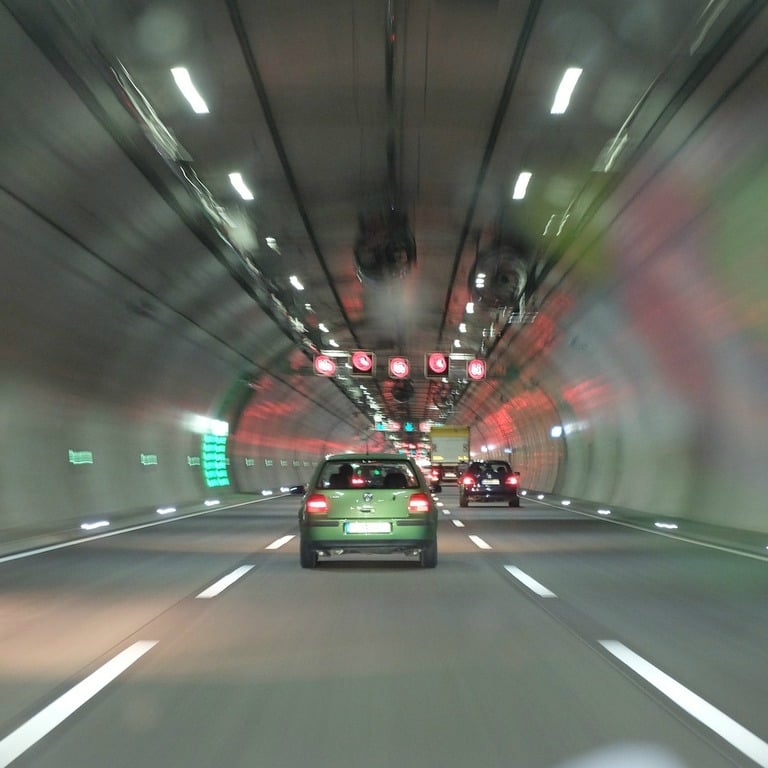Published:
Transportation has long been one of the most essential and transformative processes in society. Today, e-commerce, fast-paced business environments, and a focus on improving logistics thrust transportation into the spotlight as a necessary day-to-day operation and the main form in which these actions are carried out is automation. Cars have a wide variety of human uses, from picking up children from school, to moving perishable goods across land, to clearing snowy roads efficiently. Because of this, the automotive industry continues to be one of the largest and most talked about markets on Earth.
In 2018, the automotive industry was expected to top sales numbers of 100 million units across the globe with a value of over one trillion dollars. China continues to stand as the single largest automotive manufacturer in the world, accounting for about 30 percent of total vehicle production in 2016. The United States trails behind, with brands like Ford and Chevrolet, where about 10.9 million units were produced in 2016. India similarly plays a part in the market, accounting for a 74 billion dollar value that is expected to grow at a compound annual growth rate of 15 percent in the next seven years.
A major driver of the automotive industry is electric and autonomous vehicles, which focus on efficient and safe transportation between destinations. In fact, it is predicted that autonomous vehicles will make up 40 percent of mileage driven in Europe and that almost 55 percent of European car sales will be fully electric by 2030. These technological advancements are on track to significantly change the automotive industry and its components over the next few decades, presenting both challenges and opportunities to develop new and improved modes of transportation.
File under






